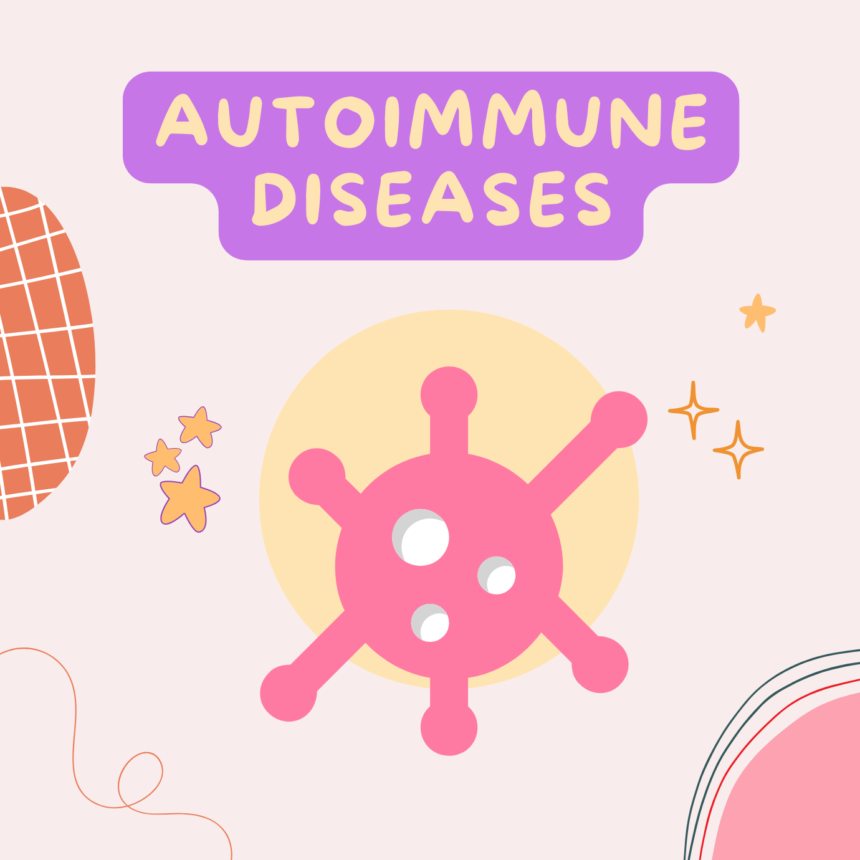Type 1 diabetes is an autoimmune condition that affects millions of people worldwide. Managing this chronic disease comes with unique challenges, but with the right strategies and support, individuals with type 1 diabetes can lead healthy and fulfilling lives. In this article, we’ll explore the intricacies of type 1 diabetes, its management, and the triumphs of those who navigate its daily demands.
Understanding Type 1 Diabetes:
Type 1 diabetes, often diagnosed in childhood or adolescence but can occur at any age, occurs when the body’s immune system mistakenly attacks and destroys insulin-producing beta cells in the pancreas. Without insulin, a hormone that regulates blood sugar, glucose can’t enter cells, leading to elevated blood sugar levels.
Challenges of Managing Type 1 Diabetes:
Managing type 1 diabetes is a lifelong commitment that presents several challenges:
- Blood Sugar Monitoring: Regularly checking blood sugar levels with finger pricks or continuous glucose monitors (CGMs) is necessary. This involves multiple daily tests and constant vigilance.
- Insulin Administration: Individuals with type 1 diabetes must administer insulin either through injections or insulin pumps. Finding the right dosage and timing can be complex.
- Carbohydrate Counting: Matching insulin doses with carbohydrate intake to control blood sugar requires meticulous meal planning and awareness.
- Exercise and Activity: Physical activity can affect blood sugar levels, necessitating adjustments in insulin dosage or food intake.
- Hypoglycemia (Low Blood Sugar): Overdosing insulin or missing meals can lead to dangerously low blood sugar, causing symptoms like confusion, shakiness, and even loss of consciousness.
- Long-Term Complications: Poorly managed diabetes can lead to severe complications, including heart disease, kidney damage, and vision problems.
Triumphs of Managing Type 1 Diabetes:
Despite the challenges, many individuals with type 1 diabetes thrive:
- Technology Advances: Continuous glucose monitors and insulin pumps have revolutionized diabetes management, providing real-time data and automated insulin delivery.
- Community Support: Online and in-person diabetes communities offer valuable advice, emotional support, and a sense of belonging.
- Advancements in Insulin: New insulin formulations provide more flexible options for managing blood sugar.
- Empowerment: Education and self-management skills empower individuals to take control of their diabetes.
- Athletic Achievements: Many people with type 1 diabetes excel in sports, even at professional levels.
Managing Type 1 Diabetes:
Successful management of type 1 diabetes involves:
- Blood Sugar Control: Consistently monitoring and controlling blood sugar levels within target ranges.
- Medication Adherence: Taking prescribed insulin and other medications as directed.
- Nutrition: Following a balanced diet that considers carbohydrate intake and its impact on blood sugar.
- Physical Activity: Incorporating regular exercise and understanding its effects on blood sugar.
- Regular Check-Ups: Attending regular medical appointments to monitor overall health and assess for complications.
- Emotional Well-being: Managing stress and seeking support for the emotional challenges that can accompany diabetes.
In conclusion, while type 1 diabetes poses ongoing challenges, advancements in technology and treatment, along with strong community support, offer hope and the opportunity for individuals to not only manage the condition but also to thrive and lead fulfilling lives.



